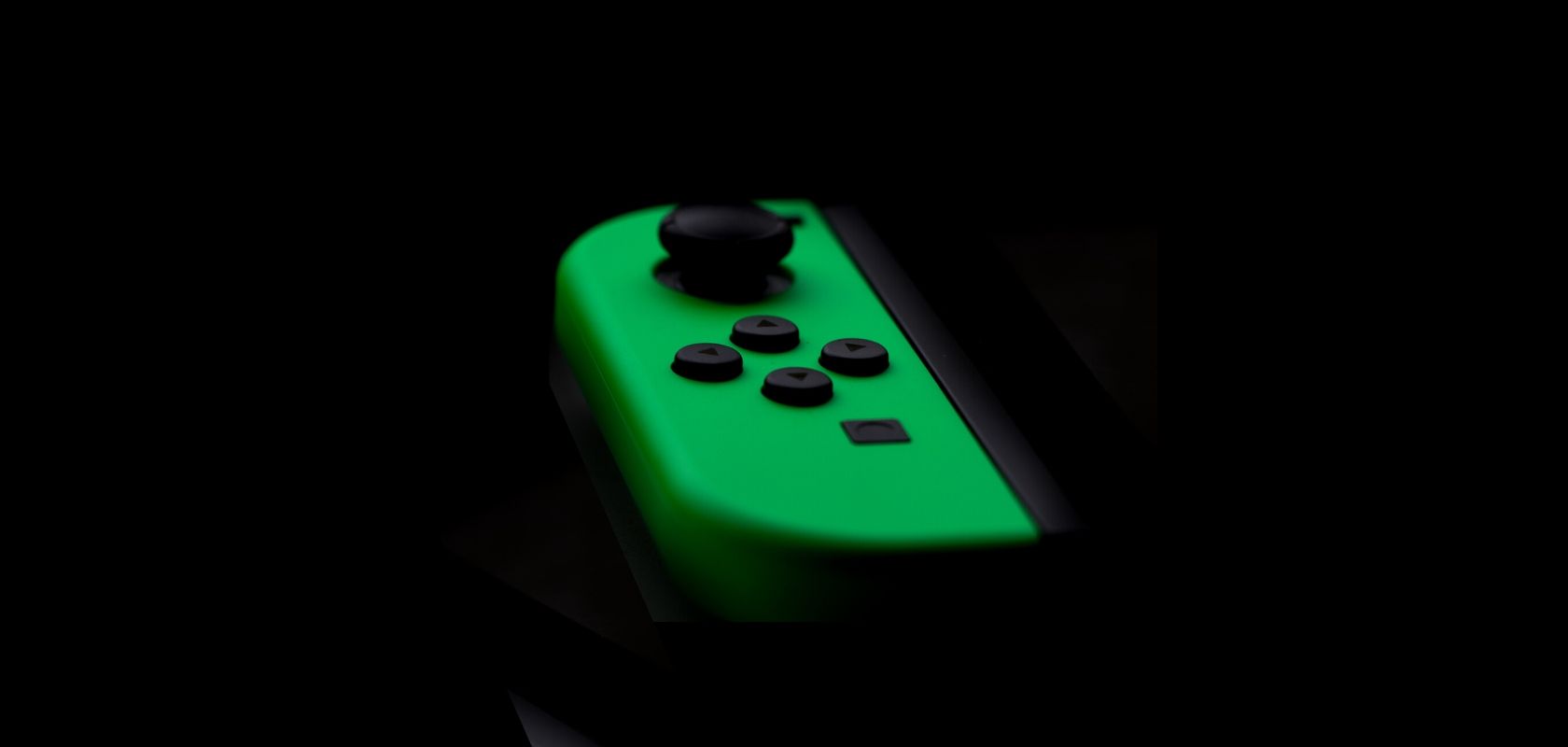After almost two-years of legal struggle, Nintendo has won a lawsuit against a California man who was profiting from the sale of modified game consoles to reproduce pirated content.
Nintendo strictly protects its intellectual property
The Japanese company is no stranger to problems related to its intellectual property. In fact, they do not hesitate to open lawsuits either against groups or against individuals. The well-documented case began in 2018 and has finally reached a positive conclusion for Nintendo.
It all started when the Team-Xecuter hackers group managed to penetrate the security systems of the company’s latest console, the Nintendo Switch. Thanks to this hack, it was possible to play pirated games in it. However, this time the objective of the lawsuit was not this group, but a California man who was selling modified consoles with the
Team-Xecuter program.
The man, identified as Sergio Mojarro Moreno, not only limited himself to the sale of the Nintendo Switch but also offered memory cards with pirated games, as well as a modified version of another of Nintendo’s popular console, the NES Classic.
The last news of the case occurred in September 2019, where both parties appeared to have reached an agreement, although none of this was made public. Finally, on December 30, the agreement was published by a Californian court.
The judgment sentence
The ruling resulted, as expected, in that Moreno (and any other accomplice) is prohibited from selling, offering or distributing any product or service that avoids Nintendo’s intellectual property protections. Similarly, he cannot use the internet, or any other digital medium, to promote these services and products, or offer information about how to modify the consoles, Torrent Freak reported.
In the same way, this sentence limits certain behaviors to Moreno: he will not be able to challenge the validity of Nintendo’s intellectual property rights, nor will he be able to continue making modifications to any product of the company. He is even forbidden from reverse engineering any software or hardware from Nintendo.
Finally, the defendant was required to issue a certified letter to Nintendo, making it clear that, by the time of the trial, he no longer possessed any illegal device or software.
READ: The Court Ruling













